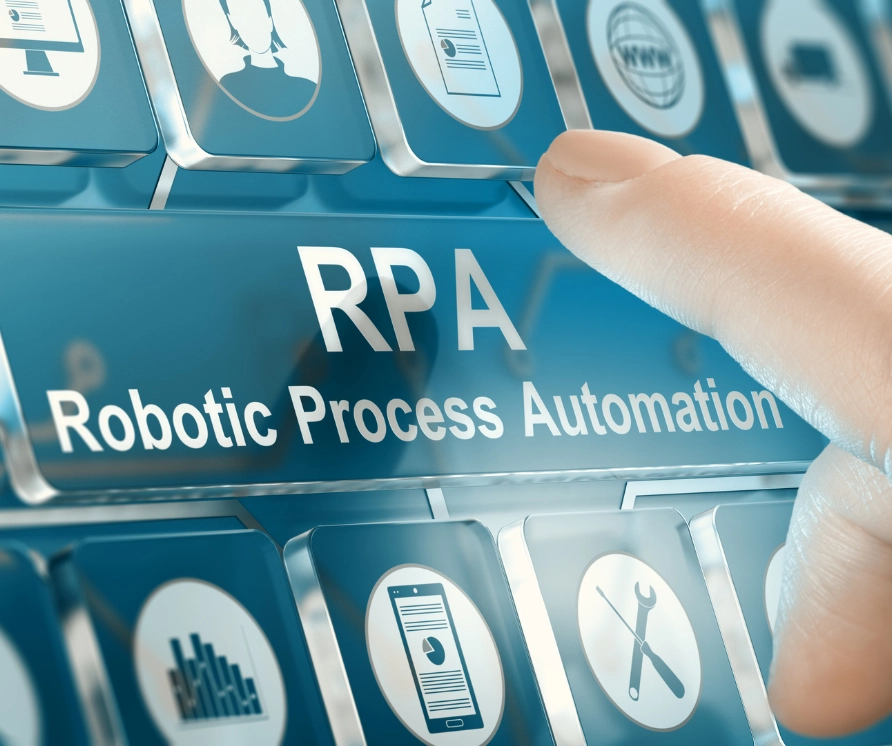Today, artificial intelligence is everywhere. But we often hear it misused. To find out more, we interviewed Chaimaa, our product manager.
C: It’s true that AI has become a key word in business. But its use is sometimes misunderstood. Many companies adopt AI without a real strategy, thinking it’s a miracle solution to every problem. This leads to inefficient or counter-productive deployments.
Can you give an example of a misuse of AI?
C: A common example is chatbots. Many companies deploy AI-based chatbots without fully understanding user expectations. A poorly designed chatbot that doesn’t understand complex queries frustrates customers rather than helping them. Another common mistake is biased data analysis: if the training data is partial or biased, the AI results will be skewed too.
So, how can we make better use of AI in a company?
C: You have to start by thinking strategically. AI must meet a precise need, and not be adopted just to follow a trend. It’s essential to understand its limits and to use it as a complement to human skills. For example, in project management, AI can analyze risks and propose optimization scenarios, but decision-making must remain human.
And for a Product Manager in particular, what is the right use of AI?
C: For a PM, AI is a formidable decision-making tool. It enables us to analyze user behavior, anticipate needs, and optimize product roadmaps. But a PM must always maintain a critical approach: AI is a means to an end, not an end in itself. We must always question the data and models used, to avoid strategic errors.
In your opinion, what are the sectors where AI is having the greatest impact today?
C: AI is particularly relevant in sectors such as healthcare, where it aids diagnosis and medical research, or finance, where it optimizes investment decisions. Industry and logistics also benefit enormously from automation and demand prediction. But every sector can benefit from AI if it integrates it intelligently.
How can we measure the effectiveness of an AI-based project?
C: It’s crucial to define performance indicators right from the start. For example, if AI is used to improve customer service, we can measure user satisfaction, response time and problem resolution. For a product, you can track user engagement, cost optimization or forecast accuracy.
In conclusion, what advice would you give companies for the responsible use of AI?
C: My main advice would be not to rush into anything. Invest in training, involve AI experts, and above all, always keep humans at the center of decision-making. AI that is well used is AI that really serves the company’s objectives and improves the user experience.
Thank you very much for these explanations!




















